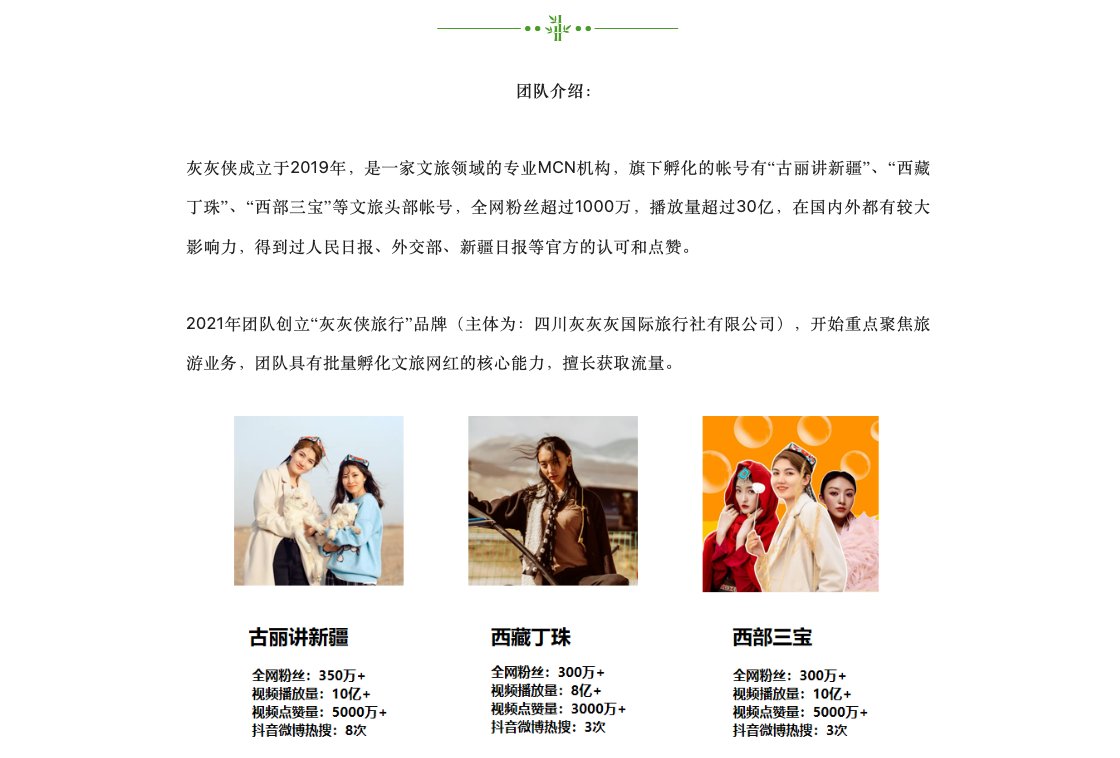李子柒在 YouTube 上坐拥 1720 万粉丝,是至今为止粉丝最多的中国网红,但这个平台上还有数以千计的其他中国账户。
等等, YouTube在中国不是被屏蔽了吗?咋回事?
下面告诉你咋回事儿:🧵
等等, YouTube在中国不是被屏蔽了吗?咋回事?
下面告诉你咋回事儿:🧵
长话短说,李子柒一类的网红是通过党国信任的,叫做MCN的机构发布视频的。
具体到李子柒,在她和国内MCN公司微念发生矛盾而停更前,她的海外视频是通过葡萄子(北京)文化传媒公司发布的。
葡萄子是一个YouTube 认证 MCN,位于北京,隶属于马来西亚娱乐公司 Prodigee 传媒。
具体到李子柒,在她和国内MCN公司微念发生矛盾而停更前,她的海外视频是通过葡萄子(北京)文化传媒公司发布的。
葡萄子是一个YouTube 认证 MCN,位于北京,隶属于马来西亚娱乐公司 Prodigee 传媒。
另一个名为小五科技的 MCN 公司拥有 超过600 个稳定账号,内容种类繁多,从美食,游戏到乡村野趣应有尽有。
他们不仅在 YouTube 上活跃,还经营 Facebook 账号。正如这篇 Meta 新闻稿指出的,小武科技“现在管理着 100 多个页面,并拥有一支专门的 Facebook 运营团队。”
archive.ph/1qAHC#selectio…
archive.ph/1qAHC#selectio…

一般来说,只有国家媒体工作者、外交官、政治和经济精英和老外才能在海外社交媒体平台上合法发帖。
但是,正如小武的负责人在本次宣传中指出的那样,像他这样的 MCN 也可以为网红提供翻墙的合法途径。
但是,正如小武的负责人在本次宣传中指出的那样,像他这样的 MCN 也可以为网红提供翻墙的合法途径。
在我们新的@ASPI_ICPC 报告“边疆网红:中国宣传的新面孔”中,@DariImpio,@HsitingPai_ASPI 和我选择了其中 18 个帐户并研究了 1741 个他们的最新视频。
其中大部分是符合审查标准的日常生活类内容,但 11.4% 是宣传内容。
其中大部分是符合审查标准的日常生活类内容,但 11.4% 是宣传内容。

正如我们报告中所说,边疆网红的视频内容“与中共的官方叙事密切相关,但他们不那么精致的呈现方式却给人一种更真实的感觉,传达了一种党媒难以实现的,关于中国边疆地区的合法性和透明度的错觉。”
有时候,网红们会直白地谈论他们的自我审查。下面的视频中,YouTube “古丽带你看新疆”账号的up主阿迪莱·阿布都克热木在她的国内抖音账号里表示,她宣传所讲述内容都是国家授权资料,来源”正规”。
搜索引擎算法倾向于优先考虑定期发布新鲜内容的频道。
一段关于新疆的扎实调查报道可能偶尔会出现在 YouTube 上,但中国官媒和网红们可以在剩下的时间里大肆宣传。
一段关于新疆的扎实调查报道可能偶尔会出现在 YouTube 上,但中国官媒和网红们可以在剩下的时间里大肆宣传。
更多信息,请在此处查看我们的新报告: aspi.org.au/report/frontie…
如果你喜欢这个推特线程
1. 关注我@fryan,以及报告合著者@DariImpio和@HsitingPai_ASPI,你会得到更多信息
2. 转发下方推文,与您的关注者分享
如果你喜欢这个推特线程
1. 关注我@fryan,以及报告合著者@DariImpio和@HsitingPai_ASPI,你会得到更多信息
2. 转发下方推文,与您的关注者分享
https://twitter.com/fryan/status/1593387542430113793
and a big thanks to @HsitingPai_ASPI for the translation!
• • •
Missing some Tweet in this thread? You can try to
force a refresh
















